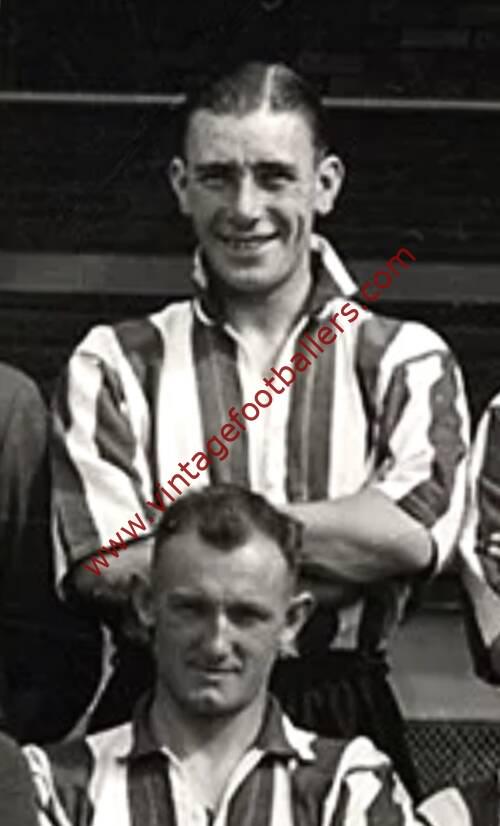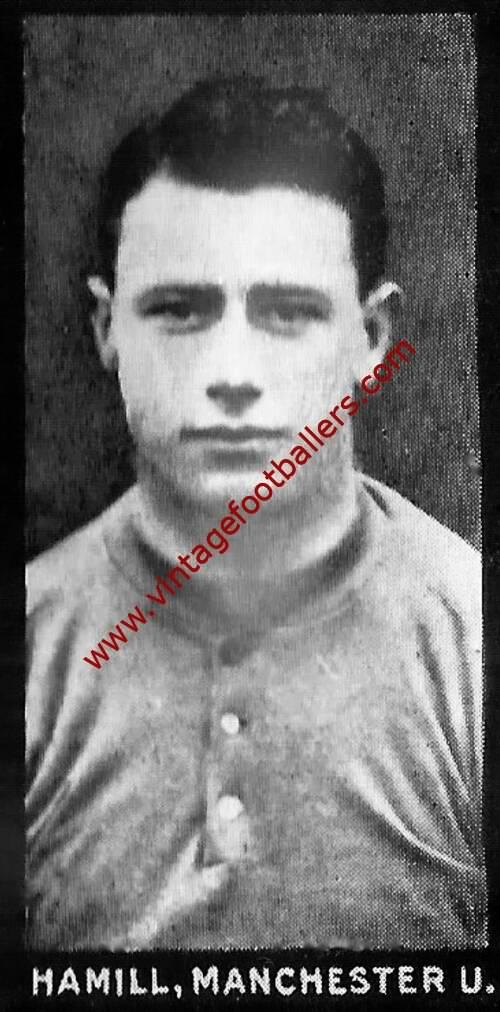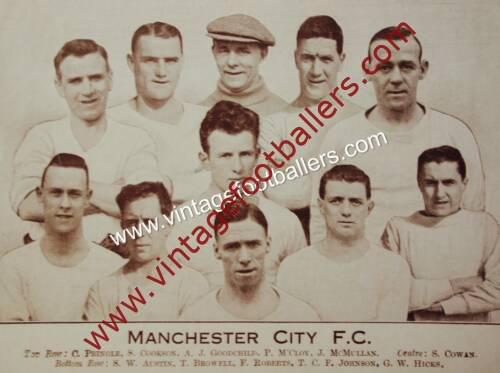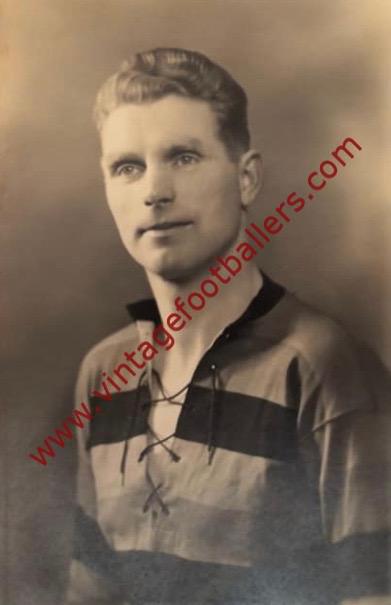Please choose your photo size from the drop down menu below.
If you wish your photo to be framed please select Yes.
Note: 16″x 20″not available in a frame.
Images can also be added to accessories. To order please follow these links
£8.95 – £49.95
Please choose your photo size from the drop down menu below.
If you wish your photo to be framed please select Yes.
Note: 16″x 20″not available in a frame.
Images can also be added to accessories. To order please follow these links
The club was languishing in the second tier of English football, McDowall set to work building a solid team and soon saw the fruits of his labour, with the club returning to the First Division the following season as Second Division runners up.
Solid if unspectacular progress was made in the early 1950’s, with some notable results along the way; the most significant being a handful of derby victories against Manchester United. McDowall was an innovator, undoubtedly ahead of his time, inspired by the great Hungarian side of the era he pioneered the use of wing backs and the deployment of a forward playing between the strikers and midfield. These revolutionary tactical systems, more commonly associated with the game as we know it today, were not an instant success however and City leaked more than five goals in a game on three occasions in the 1955-56 season.
Don Revie was a key player in McDowall’s team and it was with Revie that he masterminded the “Revie Plan”, centred on the plan’s namesake playing in a withdrawn striker’s role. McDowall’s tactical brainstorming and tinkering, which had generally been met with scorn and derision from the majority of fans at Maine Road, eventually bore fruit and the club was rewarded with consecutive appearances in the FA Cup Finals of 1955 ( where they lost 1-3 to Newcastle United) and 1956, winning the latter a triumphant 3-1 win against Birmingham City in a season the club finished fourth in the League Championship.
The mid 1950’s were the high points of McDowall’s career as manager of Manchester City. An ageing team and limited resources saw the club begin to wane and fall towards the foot of the first division by the beginning of the 1960’s, culminating in relegation to the Second Division in the 1962-63 season. With relegation came the end of McDowall’s tenure at Manchester City. McDowall was the longest serving manager in Manchester City’s history to date, his tenure spanning exactly 13 years.
He went on to manage Oldham Athletic from June 1963 to March 1965 before quitting football management.
| Weight | N/A |
|---|




